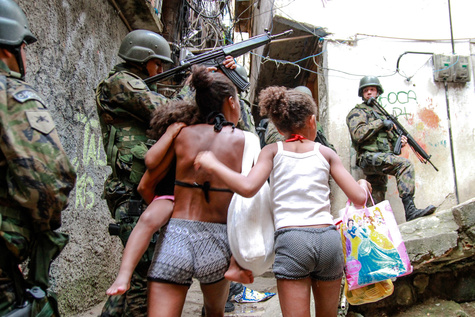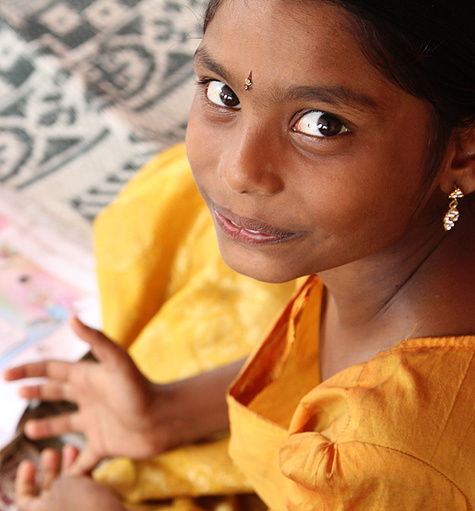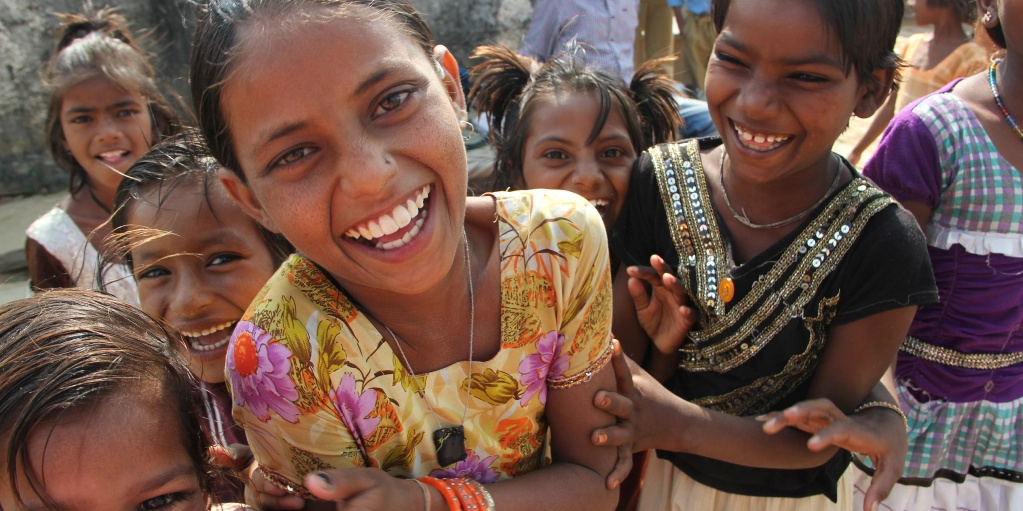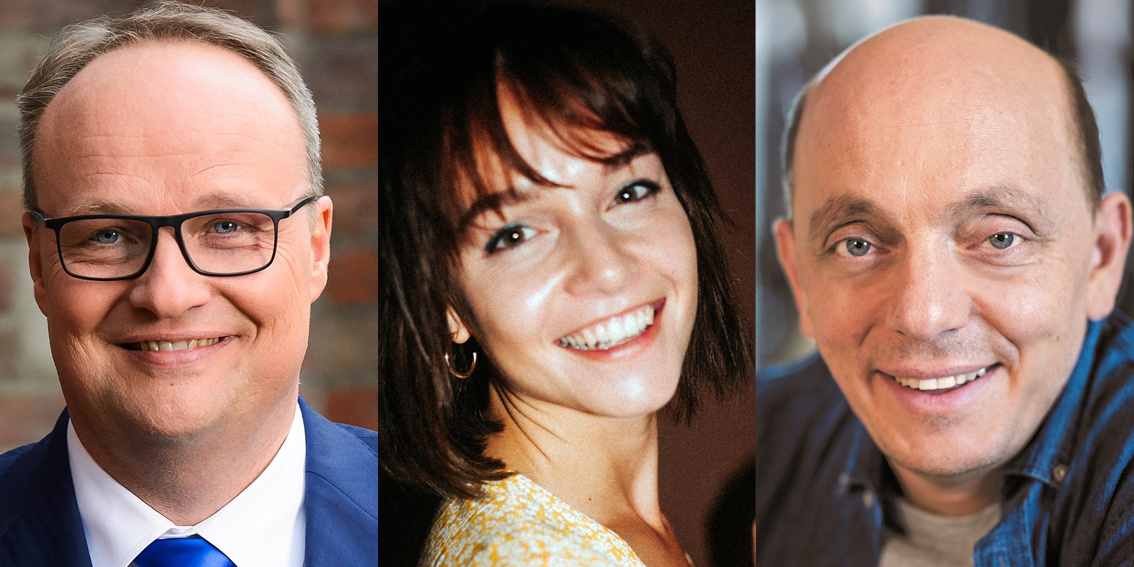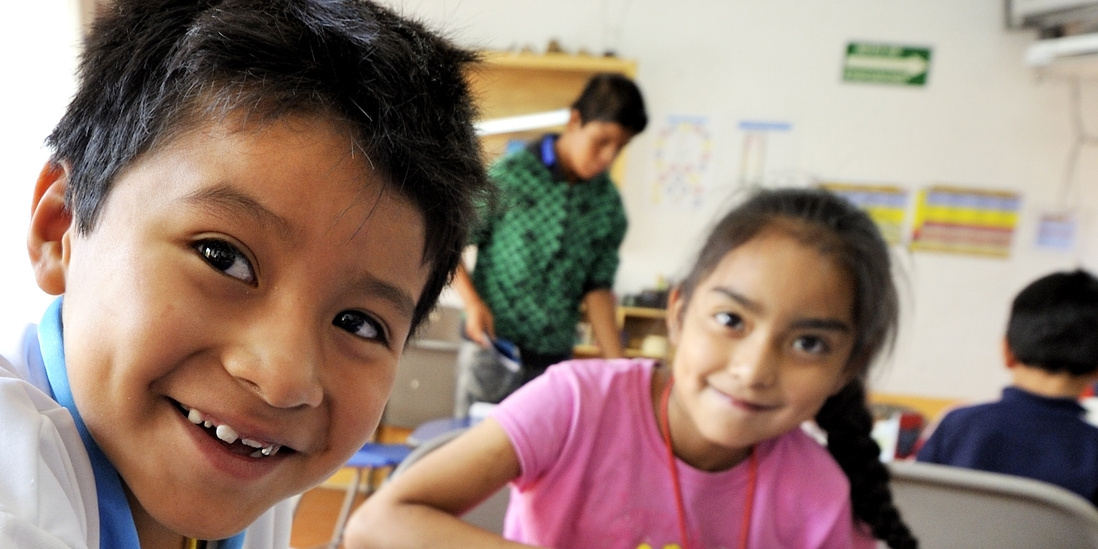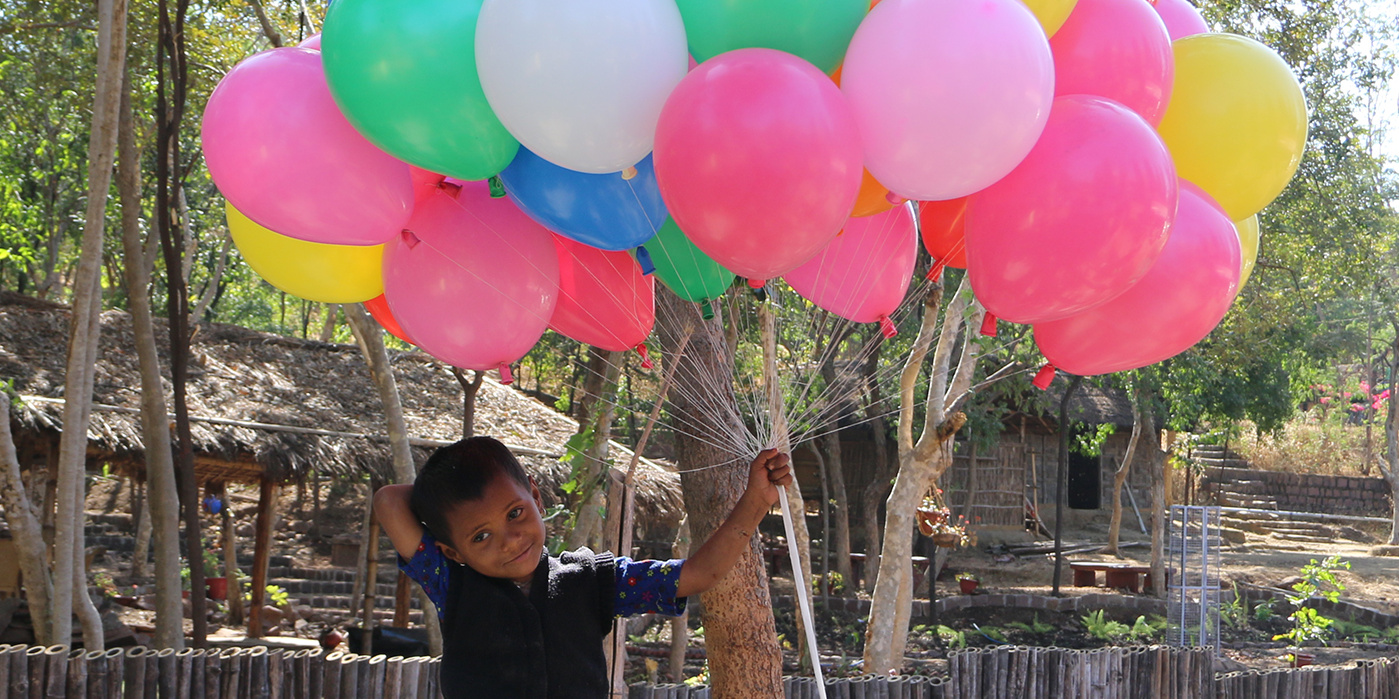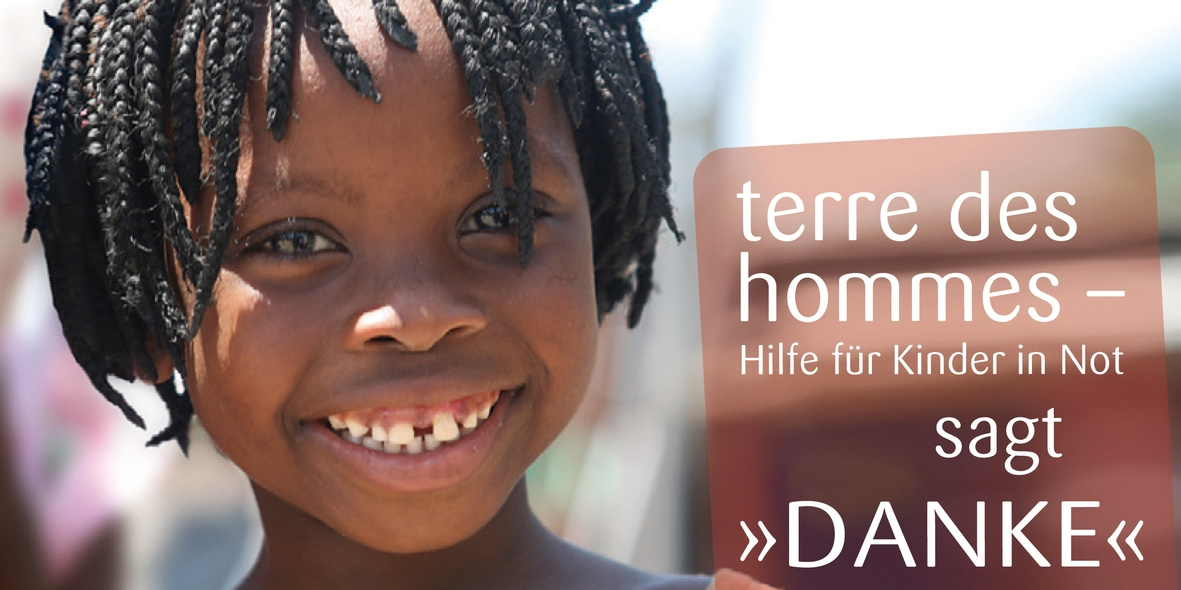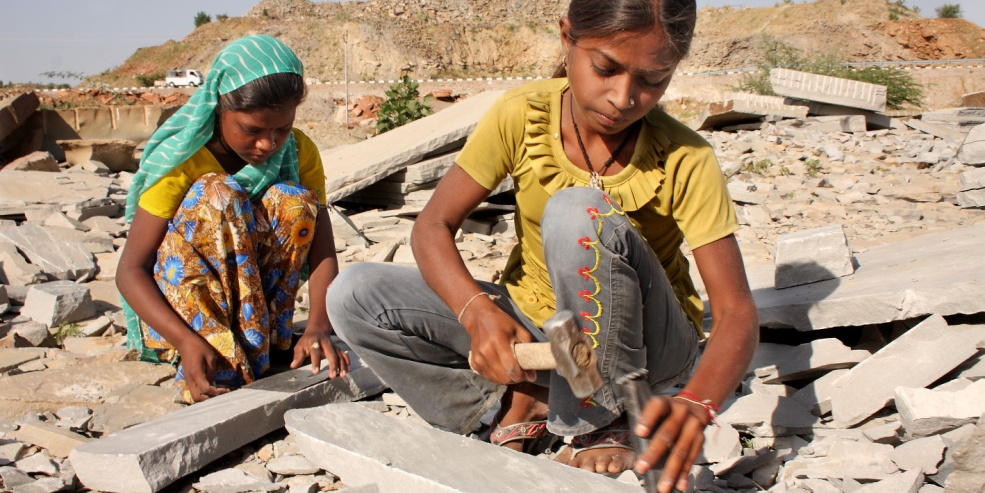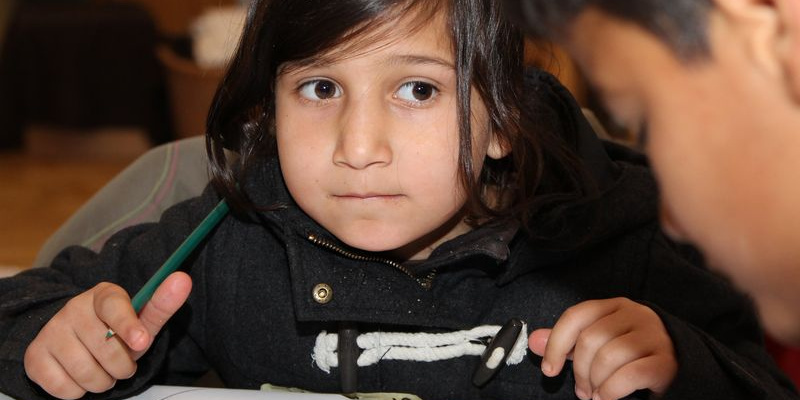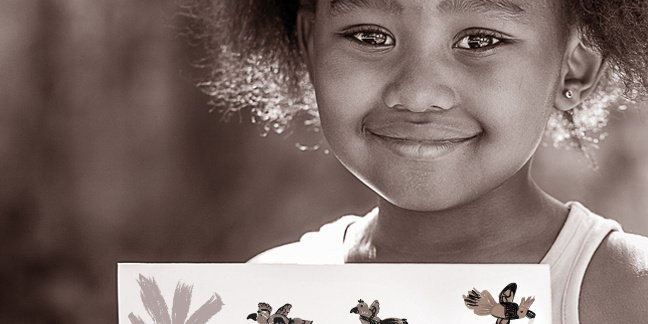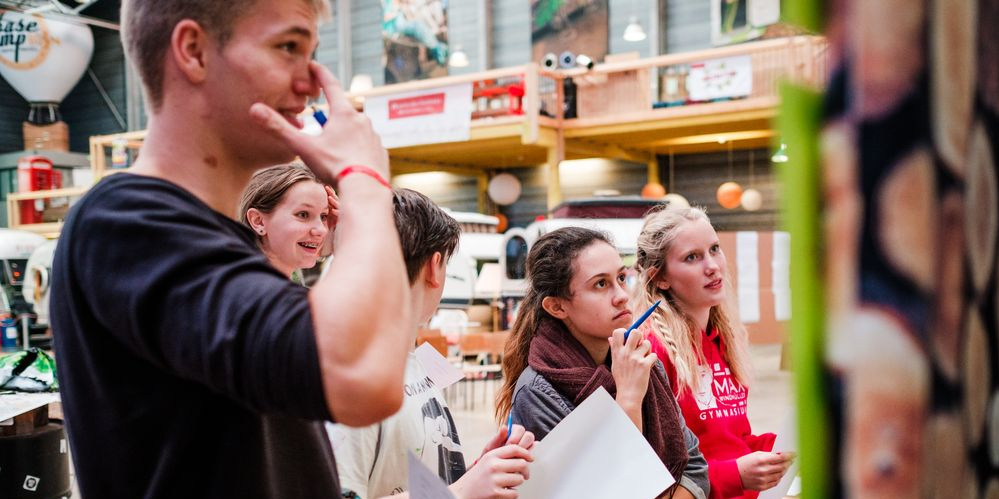Police Violence
News
New study: "Less Guns, More Youth. Armed Violence, Police Violence and the Arms Trade in Brazil"
Police violence in Brazil has reached dramatic proportions. Many of the victims are children and youth from poorer neighborhoods, especially black boys and young men.
The study by terre des hommes Germany and terre des hommes Switzerland in cooperation with the Instituto Sou da Paz (Brazil) proves by means of case studies and the evaluation of partly unpublished data that the firearms, armored vehicles and helicopters used by the police and military often originate from German or Swiss production.
Due to the war-like conditions in certain neighborhoods and the serious human rights violations, terre des hommes demands that governments and companies immediately stop the export of all military equipment to Brazil.
- "Less Guns, More Youth. Armed Violence, Police Violence and the Arms Trade in Brazil” (study, English version, PDF document)
- Infographic Police Violence and Arms Trade (PDF document)
- Menos armas, mais jovens! Violência armada, violência policial e comércio de armas (study, portuguese version, PDF document)
- Hört auf uns zu töten! Polizeigewalt gegen Kinder und Jugendliche in Brasilien und Waffenhandel (study, German version, PDF document)
Contact person
Ralf Willinger
Department Programs and Policy
Phone: 0049 - 541 / 7101-108
r.willinger@tdh.de
Facts and figures
War-like conditions prevail in the poorer parts of many Brazilian cities. For children and young people living there, deadly violence is part of everyday life. Most of them are familiar with killings in their immediate environment. According to official figures, 50,000 people were killed by violence in Brazil in 2020, 78% with fire arms. The rate of minors killed by violence is one of the highest in the world, and a significant proportion is killed by the police.
In 2020, Brazilian police and military killed 6,416 people, another record and increase from the previous year. Of these, a quarter were under the age of 19. This means that every day in Brazil, an average of four children and youth under 19 are killed by police or military officers.
Right-wing President Jair Bolsonaro has played a major role in the wave of state violence: With his inflammatory speeches, he legitimizes the brutal action and incites the police to "shoot all bandits." Some governors of Brazilian states, such as João Doria from São Paulo, have acted similarly. Most victims of police violence are black, male and poor.
"Police violence has increased sharply since the Corona pandemic".
With highly potent weapons of war that also come from Germany, Switzerland and other European countries, police officers wage a "war on drugs and criminals" at the behest of the state, often taking the law into their own hands and also becoming directly involved in criminal activities. During their operations in the favelas, they frequently endanger or outright attack uninvolved passersby, often including children and young people.
In May 2020, the case of 14-year-old João Pedro Martins from São Gonçalo in the Rio metropolitan area became public: he had been playing with his cousins when police officers shot 72 times at his family's house and threw two grenades. In São Paulo, in the same month, in Jardim Elba in the Sapopemba district, where terre des hommes promotes projects for children and young people (see below), a plainclothes policeman forced his way into the home of 16-year-old Juan's family and shot him in front of his mother and five younger siblings. The killer lingered in the house for an hour after the crime and was congratulated, rather than held accountable, by arriving military police officers, as the mother, who was in shock, reported.
"Police violence has greatly increased since the beginning of the Corona pandemic. Apparently, the perpetrators are taking advantage of the fact that public attention is focused on the pandemic and see this as carte blanche to be even more brutal," says Bruna Leite, country coordinator for terre des hommes.
Failed drug policy and impunity
One reason for the escalation of violence is failed drug and crime policies that rely on violence. "A good bandit is a dead bandit," is a common maxim.
Anyone who lives in the poorer neighborhoods and is male is under general suspicion of being involved in the illegal drug business or other criminal activities. In the case of violent acts by police officers, on the other hand, both eyes are usually turned, and there is almost complete impunity.
Demands
In view of the high risk to children, young people and adults as a result of massive police violence, lack of or inadequate prosecution, war-like conditions in residential areas and serious deficiencies in the control of state stocks of ammunition and weapons, terre des hommes Germany and terre des hommes Switzerland demand from the responsible state agencies, governments and companies in Germany, Switzerland and the EU:
- Immediate stop of all arms exports to Brazil
- Stop the transfer of arms technology and expertise to Brazil
- Stop the sale of arms and military equipment by European companies in Brazil
- Comprehensive and systematic controls on the final destination of arms already delivered
- Consistent demand for compliance with human rights and international law and sanctions in case of non-compliance
Project example
Young mediators
Violence and racism are part of the reality of life for many young people in São Paulo. Especially marginalized children and young people in the "favelas", the poorer parts of the city, have to experience police violence and racism.
terre des hommes supports civil society initiatives such as CEDECA Sapopemba: young people from the poorer neighborhoods are trained as mediators and pass on their knowledge to children and young people in the favelas in special street soccer programs. "The children learn how to resolve conflicts without violence and gain trust in each other and in us," says Mariana Andrade, one of the young mediators. "Many soon report their problems at home, with friends or at school. Our training helps reduce arguments and violence."
It also identifies violations of the rights of children and young people. Young people, some of whom have been affected by police violence themselves, organize actions at the political, legal and social levels to give children and young people a voice. These include protests against police violence and racism in public places, workshops and courses on non-violent conflict resolution at schools, music courses and sports activities such as street soccer. CEDECA also provides legal advice and accompanies cases of rights violations by affected children and young people.
Interview (German) with Mariana Andrade, Mediator at CEDECA Sapopemba



